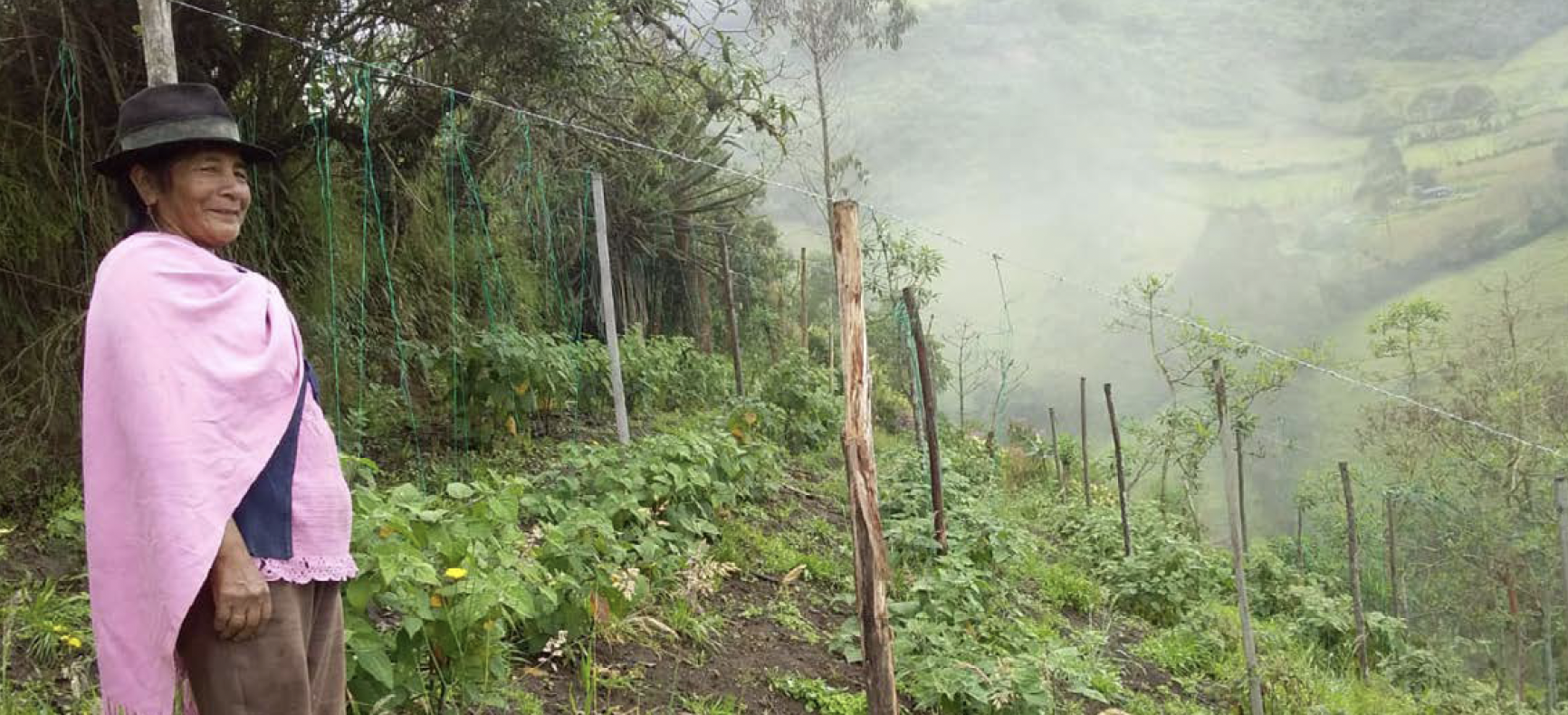[Case Study] Rehabilitating Goldenberry Production in the Ecuadorian Andes With Regenerative Agriculture

Overview
This case study describes an inclusive local innovation process involving smallholder farming communities in the Ecuadorian Andes engaged in producing organic goldenberries for export.
In early 2020, as the global COVID-19 pandemic started to disrupt supply chains, health, and livelihoods around the world, these communities found themselves facing a novel and highly aggressive plant disease referred to colloquially as "mancha morada." The case study describes a co-innovation process led by an Ecuadorian nonprofit organization, Aliados, through which these communities, working in collaboration with Aliados technicians and other local stakeholders, developed a successful approach to preventing and controlling mancha morada using principles and practices from regenerative agriculture.
Drawing on original primary research, the case study describes the innovation process in depth, following the chronology of the case as described by research participants to identify key turning points, factors contributing to the success of this process, and the results these farming communities have been able to jointly achieve.
Details
- Collaborators: Elizabeth Hoffecker (co-author), MIT D-Lab, Fundación Aliados, Ruta Escondida farmer association and the Cuzubamba farmers’ group